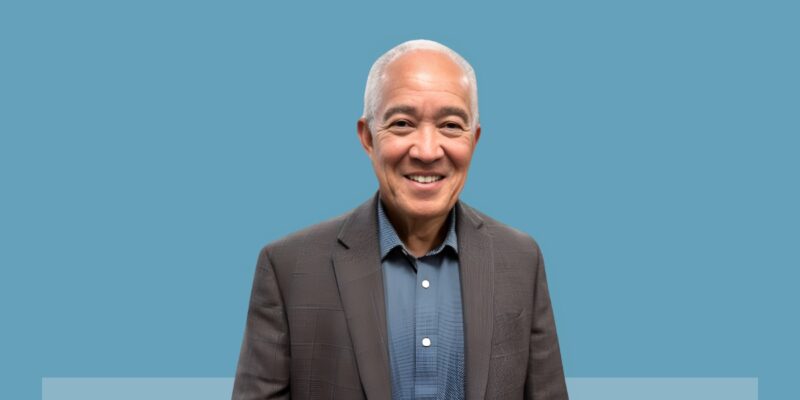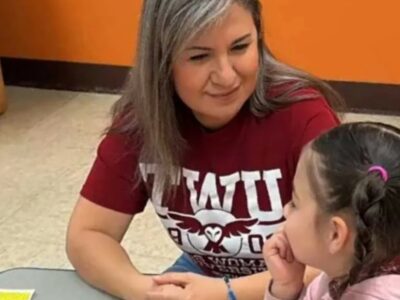
From Houston Chronicle opinion piece:
Last year, the state of Texas appointed a board of managers for Houston Independent School District and appointed me as superintendent. Our charge was clear: Turn around D- and F-rated campuses and return the district to an elected board as soon as possible. Having studied HISD’s academic data, finances and processes for months, the leadership team and I knew that this would be the most challenging work of any large urban school district. From the first board meeting, the oppositional chants confirmed (lest there was any doubt) that the state-intervention context would create strong headwinds from the start. I reminded our team and our school leaders that this change would be hard on the community and on their teams, but that we would need to do things differently to get better outcomes for kids.
Wholesale systemic reform was the only way to significantly change outcomes, and while this strategy would inevitably cause fear and confusion, as a team we had an obligation to do what was necessary and do our best to calm the fears of the broader Houston community. And now, as we share the results at the end of year one, we can clearly demonstrate that though these necessary changes were hard, they were critical and student test outcomes are improving.
When I was asked at the beginning of my tenure how I would know if we had a successful year, I always gave the same answer. Our team is responsible for a single outcome: to grow academic achievement and get the district closer to the return of an elected board. Now, one year later, we have our end-of-year achievement results, and I can unequivocally say we have had a successful year.
As I write this, the results of the state’s standardized STAAR have not yet been officially released. But we can reveal now that our students and teachers across the entire district did a great job! They achieved one of the best years of academic growth the district has ever experienced. And while the results are preliminary, it appears that proficiency will improve in 18 of the 20 exams. Academic gains from 2023 to 2024 were higher than the state gains in all 20 exams, and in most cases by more than five percentage points. According to the district’s assessment team, this has never been done before in HISD’s history. It appears too that HISD will be a huge positive outlier relative to the scores of the other large urban districts in Texas.
I knew we would get results, but this level of success is incredible. And one has to conclude that our students rose to the level of expectations and that the overwhelming majority of teachers and principals also stepped up and embraced this necessary transformation. A host of organizations and community leaders also understood that Houston is engaged in the most significant system transformation in the country and gave of their time, treasure, counsel or moral support.
Over the next few weeks, many in the community will rightfully engage in serious debates about the benefits and costs of reform and of a state intervention. Still others will take issue with many legitimate steps and my missteps; I hope they will help me do better. Maybe now, though, we might be able to turn the conversation from why the New Education System will fail to why it is working well. Maybe we could consider the importance of a high-performance culture and what it will take to build one. Maybe we could ask about the impact of tackling high staff absenteeism; using data in personnel decisions; raising the level of both support and accountability; and, most important, addressing the consequences of decades of inequity.
Personally, I wonder if we could begin to hope again. Our students and teachers have given us hope that the achievement gap can be significantly narrowed and that collectively we can address systemic inequity. Our results provide hope that while poverty is a huge challenge, it does not have to be a barrier to learning. Our staffs give us hope that our students will continue to thrive even as we tighten our belts and wait for additional funding from the state. Maybe now, people can be bolstered by a glimmer of hope. We have a long way to go, but already we are becoming a proof point that underserved children can learn, can excel, can overcome.
I believe the most important responsibility of a leader is to inspire people to gravitate to their best hopes instead of perseverating on their worst fears. I will do more, and I ask the rest of the HISD community to join me as we celebrate what our students, teachers and principals accomplished and look ahead with hope.
This opinion piece was first published by the Houston Chronicle.










